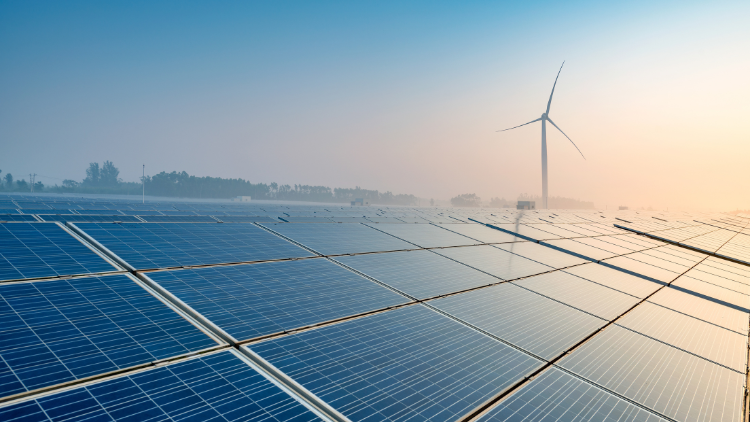Global Economy
Building a Green, Fair and Resilient Solar PV Supply Chain

Europe stands at a critical juncture in its energy strategy, facing opportunities and challenges that demand a nuanced approach. It currently has a window of opportunity to both diversify its energy supply and strengthen its independence through new globalized partnerships. However, this transition is not without its risks, given the existing constraints of Europe's energy infrastructure and its geographic location. The opportunities and challenges both also concern Europe’s green strategy alike.
Since the onset of Russia’s war against Ukraine, the disruption of pipeline-bound gas trade has led to a resurgence of CO2-intensive fuel sources like lignite, while natural gas consumption has been scaled down. Simultaneously, there is a growing consensus on the need to prioritize renewable energy generation, with initiatives like the EU Green Deal. However, Europe faces substantial differences among member states in their energy and climate strategies, coupled with infrastructural and economic bottlenecks. This divergence still leaves Europe struggling to make a decisive shift toward a more sustainable energy infrastructure. When it comes to specific components of this critical infrastructure, such as solar panels, which are the focus of this study, China's monopolies in the renewable energy sector pose a unique challenge of its own.
Whilst a deviation of supply chains for renewable power sources may decrease political coercion risks, China's dominance in the production of renewable energy technologies, which also include wide-ranging capacities in the mining, smelting, and refinement industries that Europe does not have, creates a densely integrated power lever that continues to keep Europe under pressure even if it successfully de-risks in single key technologies. That said, re-globalising supply chains for key technologies remains the way to go. Not only does Europe depend on imports that it can no longer rely on China to provide exclusively, but because its geographical positioning creates specific vulnerabilities, namely critical trade routes like the Suez Canal and the Strait of Hormuz, which expose it to potential disruptions of its international trade routes in general, not only for specific tech components.
A diversification of stable collaborations, that are not only reliable in the long-term, but also geographically distributed throughout the globe, therefore helps alleviate a risk that is much greater than that of Europe’s energy transition alone.

